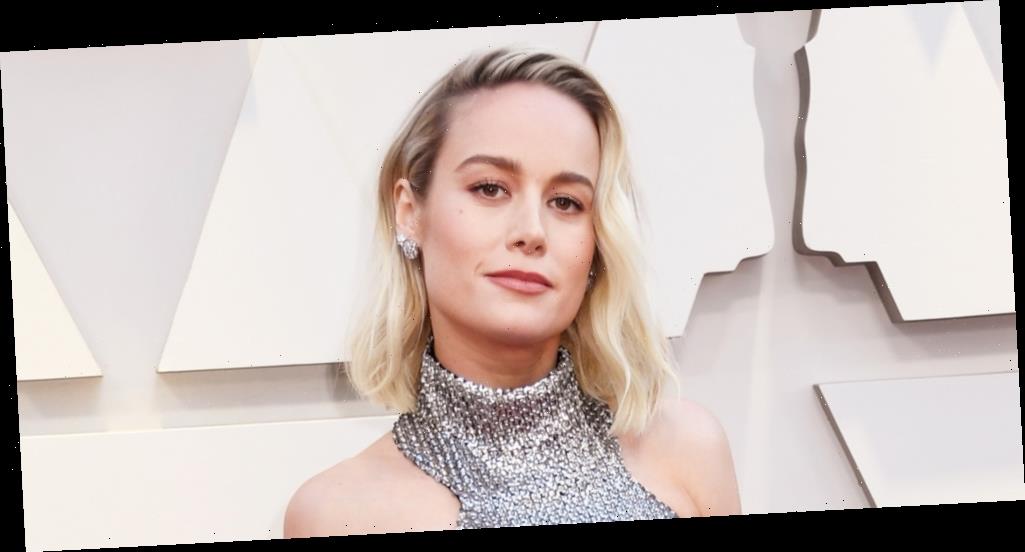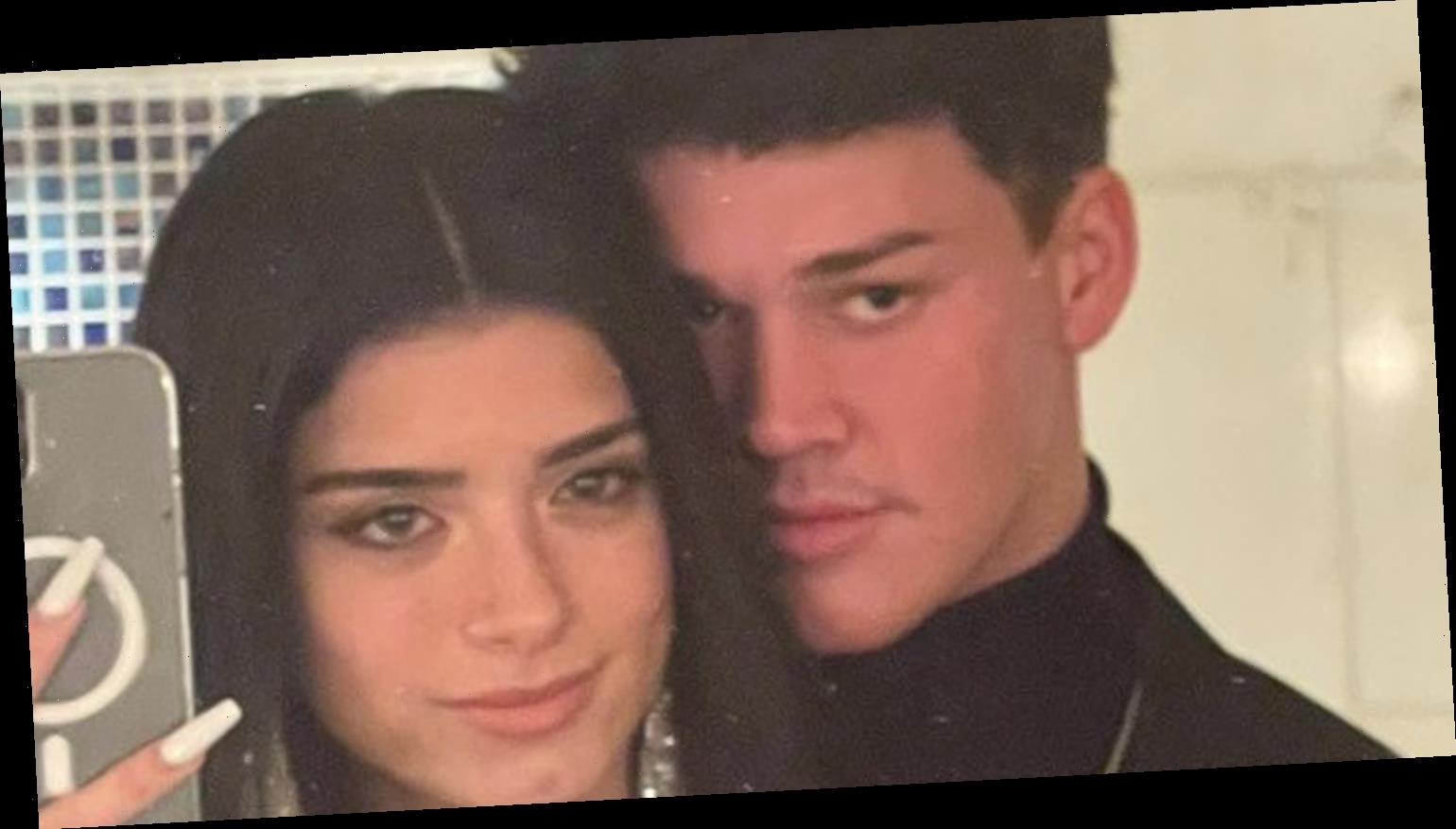Of all the responses to his film The Social Dilemma, director Jeff Orlowski treasures one reaction above many.
“[Author] George R.R. Martin tweeted that The Social Dilemma was the scariest movie he’s seen in 20 years,” Orlowski tells Deadline. “That was one of my favorite little moments.”
The Netflix documentary has alarmed Martin and many other viewers with its chilling depiction of the influence of social media companies, arguing that they have debilitated democracy at home and abroad, sown discord at the community and national level and negatively impacted the mental health of users.
“This is like a dystopian matrix that we’re already living in,” Orlowski maintains, “and it’s nonfiction.”
Related Story
Director Jeff Orlowski Attacks Social Media Impact In 'The Social Dilemma':
The film, an Oscar contender this year, attempts to reframe how we understand the function of companies like Facebook, Instagram, Twitter, YouTube and more. It’s not, as Facebook CEO Mark Zuckerberg claimed in a 2019 speech at Georgetown University, to “give people voice, and bring people together.” The real business purpose is to engage an audience for as long as possible so advertisers can reach them.
“What they’re selling is access to our eyeballs,” Orlowski states. “We’re the raw resource…It’s a business model where volume and eyeballs and attention is directly correlated with how much money they make.”
The social media companies maintain algorithms that push content at users in an attempt to keep them on their platforms. The problem is with the kind of content that has proven most engaging: misinformation, conspiracy theories, stories that stoke “outrage-ification.”
“We’ve created a system that biases toward false information,” notes one expert in the film. “Because false information makes the companies more money than the truth. The truth is boring.”
The Social Dilemma cites the notorious “Pizzagate” conspiracy theory from 2016 that falsely claimed Democratic Party officials were running a sex-trafficking ring out of dining establishments, including a Washington, D.C. pizza parlor.
“This is an example of a conspiracy theory that was propagated across all social networks,” Stanford University researcher Renee DiResta comments in the documentary. “The social network’s own recommendation engine is voluntarily serving this up to people who had never searched for the term ‘Pizzagate’ in their life.”
Orlowski sees a more recent example of the dangerous impact of social media in the January 6 attack on the U.S. Capitol by supporters of President Trump, who believed his false claims of massive voter fraud in the election.
“We see how [January 6] just made it so apparent how conspiracy theories, how misinformation, how these platforms that sold us on this idea of connection are actually just increasing tribalism in some ways,” Orlowski asserts, “and connecting us to like-minded thinking. They are not actually connecting us with the world. They’re distancing us and separating us from reality.”
By feeding users a steady stream of material and opinions they already agree with, social media platforms have siloed us and aggravated political divisions, Orlowski argues.
“We haven’t addressed climate change, even though the science has been really clear about that for a long time…Politically, we’re stuck,” he states. “That’s one of the things that has me most frightened is that regardless of the issue that you care about, we’re finding it more and more difficult to take meaningful democratic actions because…basically every issue in the world has been in some way, shape or form polarized through these platforms.”
The issues are complex. To help illustrate them Orlowski created a fictional storyline within the documentary, about a suburban family. A daughter suffers anxiety and depression after selfies she posts on social media earn ridicule from classmates. A high school-age son becomes radicalized by watching conspiracy-oriented videos online.
“His story was inspired in part from New York Times coverage…a piece that they put out on the making of a YouTube radical, and it was something where you could see how people fell down the rabbit hole,” Orlowski comments. “I think [the dramatizations] had a huge influence on the number of people that saw the film and the way it was sort of picked up by the public because they could find themselves in the family story, or they can find themselves in the story of the young girl or the parents.”
Orlowski cast actor Vincent Kartheiser, best known for Mad Men, to play a human embodiment of an AI algorithm. He keeps his prey, the high schooler, hooked on social media with a dopamine drip of “likes,” notifications, friend suggestions, etc.
“A lot of the idea came originally from understanding how the algorithms worked and trying to figure out how do we portray [that] for the audience…these un-moral intentions of the algorithms to puppeteer what you see and when and how and why you see what you see [on your feeds],” Orlowski explains. “That was the concept…show the human on the other side being manipulated by these systems.”
Interestingly, themes explored in The Social Dilemma seemed to reverberate in part of President Biden’s inaugural address on Wednesday, as he defended democracy and made a plea for unity.
“We must reject a culture in which facts themselves are manipulated and even manufactured,” the 46th president said. “We can see each other not as adversaries but as neighbors. We can treat each other with dignity and respect. We can join forces, stop the shouting, and lower the temperature. For without unity, there is no peace, only bitterness and fury.”
Whether that’s really possible without reform of social media is a question worth asking. Orlowski’s perspective is clear.
“I think we need massive regulation” of social media companies, he tells Deadline. “These tools weren’t built for democracy…We, the public, are the thing being mined and manipulated, being converted into money. It turns out that it’s terrible for democracy. We need democracy to fight back. We need our systems, we need our legislators to say, ‘Wait a second. This has gone way too far. We need to change what these things can or can’t do, for the betterment of society.’”
Read More About:
Source: Read Full Article





